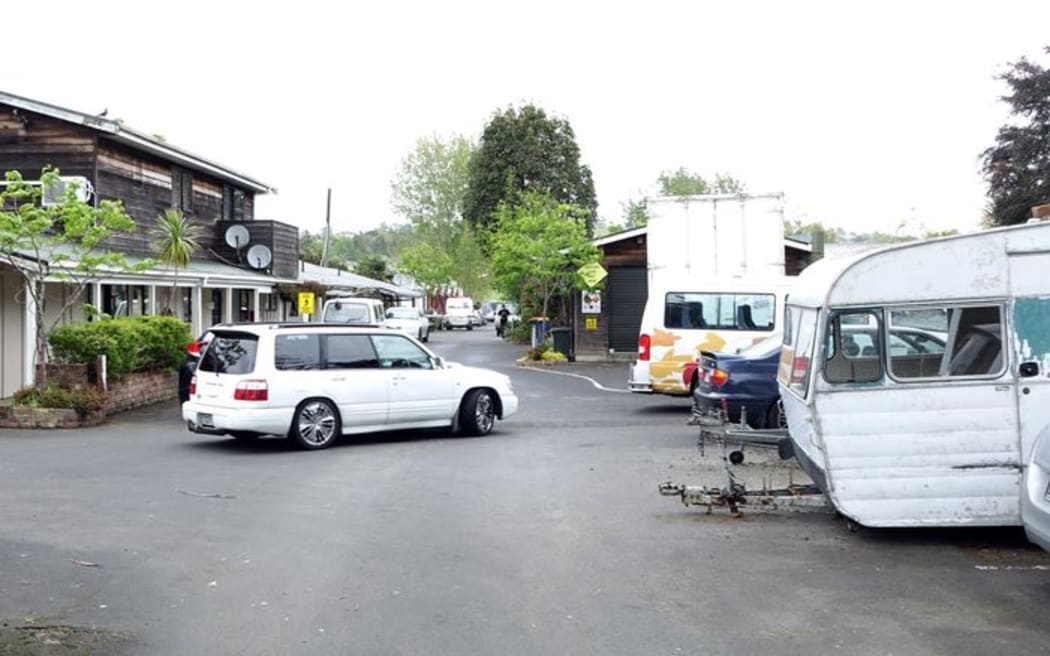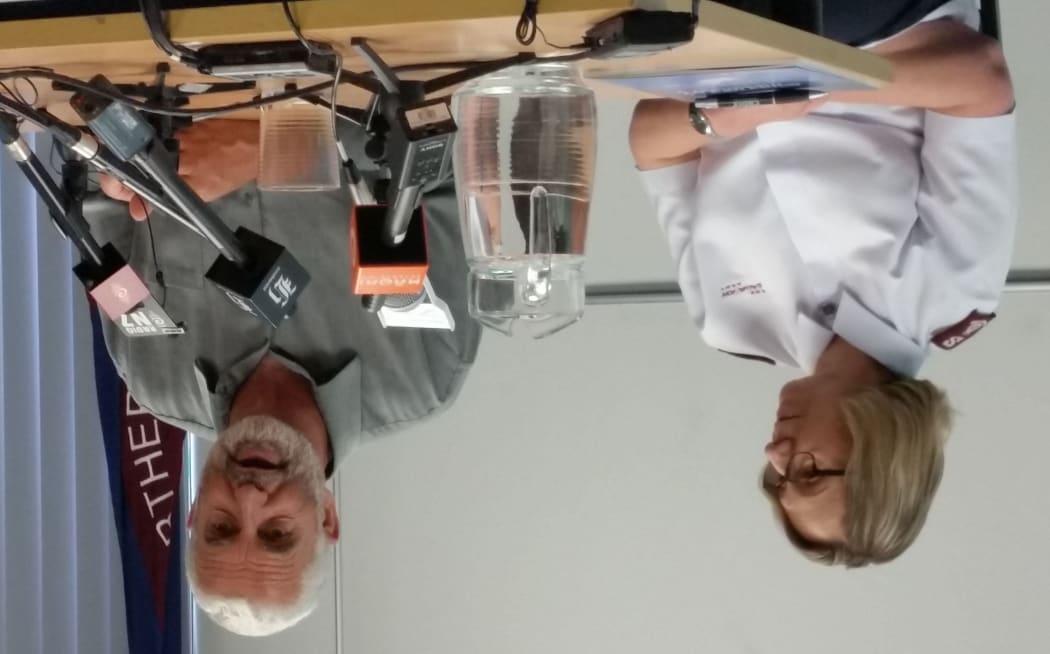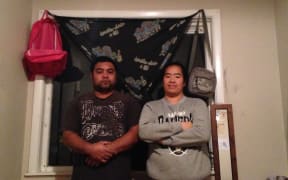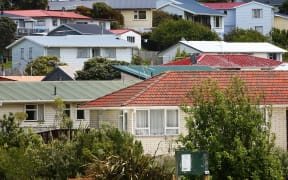Census data on the number of people living in boarding houses is just the tip of the iceberg, a budgeting executive says.

More and more Aucklanders are living in caravan parks. Photo: RNZ / Nicole Pryor
The data from the 2013 Census showed more than 2500 people were living in boarding houses at the time, with about half of them in Auckland.
However, social service agencies have said they think the numbers have swelled since the census, as poor families have turned to boarding houses as a home of last resort.
The highest number of people living in boarding houses was in the Mangere-Otahuhu area, in south Auckland.
Chief executive of the Mangere Budgeting Services Trust Darryl Evans said in Mangere, there were about 8 lodges, and every time he has visited, they had been packed.
"It's good to remember a boarding lodge was established for people coming out of prison, rehabilitation for drug and alcohol abuse...and some of those people are still using the boarding houses, but overwhelmingly we're seeing increased numbers of families with young children," he said.
The statistics showed two-thirds of boarding house residents were male, and most of the residents single, but Mr Evans said they were now sought-after accommodation for desperate families.
He said this blend of families with troubled tenants was a recipe for disaster.
"I'm certainly aware of someone who'd been released from prison for predatory behaviour towards children, and yet children are sharing showers, you know literally the only thing dividing between the next cubicle is a plastic shower curtain, and in my opinion that just puts young children at risk, and makes them more vulnerable than they already are," he said.
A social policy analyst for the Salvation Army, Alan Johnson, said it was not just the boarding houses filled to the brim.

Alan Johnson says all types of accommodation in Auckland is over subscribed. Photo: RNZ / Lauren Baker
"The housing stock in Auckland has reached its saturation point, and in the Salvation Army now we're even struggling to find places for people to stay overnight, for example in motels, even the motels now are full, even for emergency accommodation," he said.
The census data revealed many elderly people living in motorcamps.
Head of Community Housing Aotearoa, Scott Figenshow, said thousands of people revealed to also be living in shacks, garages, and cars, were actually working.
"Of the 4,017 people living in the improvised dwelling or shelter, roofless or rough sleeper, over 2500 of them are working, is this a sign we have a significant number of truly working poor, who still can not afford decent, safe accommodation," he said.
"It also appears that there are about 828 households of that group that do not appear to have any source of heating fuel, and whether that's electricity or gas or any of the other forms, so it's very worrying that this appears to be an indicator of fuel poverty in New Zealand."
Census customer focus manager, Gareth Meech, said altogether, over 98,000 people lived in alternative forms of housing in 2013 - including people living in retirement homes, and prisons.
Mr Meech said on the whole, people in alternative types of dwellings tended to have lower incomes than people in conventional housing, despite having similar rates of employment.
Key points about people living in alternative forms of housing in 2013 include:
- Almost 32,000 people lived in residential care for older people
- Three-quarters of people who lived in residential care for older people were aged 80 years or over
- Of the 11,589 people who lived in motels and guest accommodation, nearly half were born overseas
- 4 in 5 people who lived in boarding houses did not have a partner




